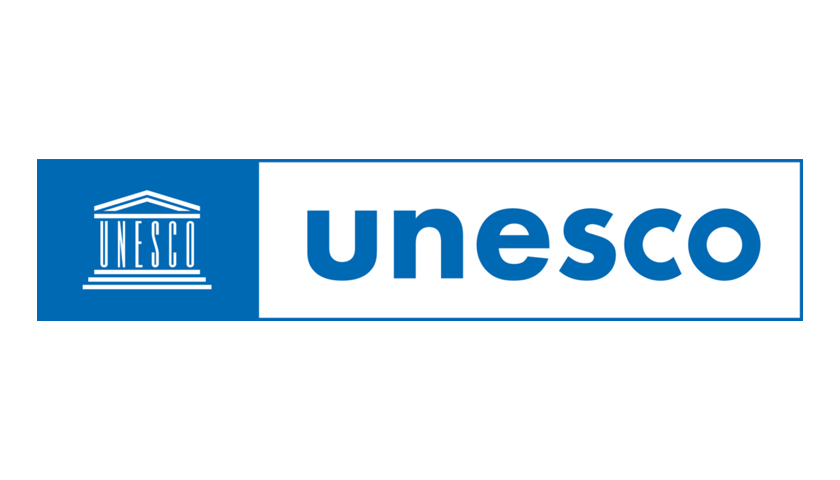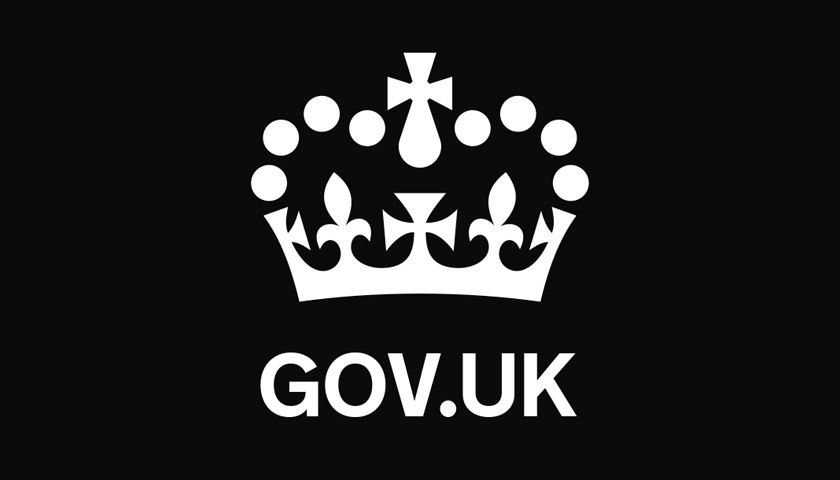The Nicaraguan newspaper La Prensa has been announced as the laureate of the UNESCO/Guillermo Cano World Press Freedom Prize 2025, on the recommendation of an international jury of media professionals. The award ceremony took place in Brussels, Belgium, on the sidelines of the World Conference on Press Freedom on 7 May 2025.
The UNESCO/Guillermo Cano Prize is a tribute to all journalists who continue to inform us despite numerous risks and threats to their personal safety. Each year, this Prize reminds us of the importance of standing alongside those who protect and pass on information.
Audrey AzoulayUNESCO Director-General
La Prensa has made courageous efforts to report the truth to the people of Nicaragua. Like other civil society organizations, La Prensa has faced severe repression. Forced into exile, this newspaper courageously keeps the flame of press freedom alive.
A historic Nicaraguan media outlet, the newspaper La Prensa – El Diario de los Nicaragüenses (The Nicaraguan Peoples’ Journal) was founded in 1926 in the country’s capital, Managua. In nearly a century of existence, La Prensa and its journalists have faced numerous acts of repression, which have intensified in recent years with restrictions on its distribution.
Since 2021, following the imprisonment and expulsion of its leaders and the confiscation of its assets, La Prensa has continued to inform the Nicaraguan population online, with most of its team in exile, operating from Costa Rica, Spain, Mexico, Germany and the United States.
UNESCO’s work to protect journalists
UNESCO is the United Nations agency with a mandate to guarantee freedom of expression and the safety of journalists worldwide. It coordinates the United Nations Plan of Action on the Safety of Journalists and the Fight against Impunity.
In several regions of the world, UNESCO responds to the most urgent needs of exiled and displaced journalists. The Organization supports solidarity centres for journalists in Ukraine, shelters for journalists in Afghanistan and Sudan, and has set up regional centres in Costa Rica (for Latin America) and in Kenya (for East African). These centres offer journalists a safe working environment, provide security training and psychological and medical care, and financial assistance.
The Organization condemns every killing of a journalist and monitors the judicial follow-up. It trains journalists and judicial actors, and works with governments to develop policies and laws that promote the rights of journalists. UNESCO also raises global public awareness through events such as the International Day to End Impunity for Crimes Against Journalists (2 November) and World Press Freedom Day (3 May), which this year focuses on the influence of artificial intelligence (AI) on journalism and the media.
Nicaragua signals it will leave UNESCO
As Director-General of UNESCO, I received this morning a letter from the Government of Nicaragua announcing its withdrawal from the Organization in response to the awarding yesterday of the UNESCO/Guillermo Cano World Press Freedom Prize to the Nicaraguan newspaper La Prensa – El Diario de los Nicaragüenses by an independent international jury.
I regret this decision, which will deprive the people of Nicaragua of the benefits of cooperation, particularly in the fields of education and culture. UNESCO is fully within its mandate when it defends freedom of expression and press freedom around the world.
Audrey AzoulayDirector-General of UNESCO
UNESCO is indeed mandated to defend freedom of expression and press freedom. It does so notably through a prize established by its Member States in 1997: the UNESCO/Guillermo Cano World Press Freedom Prize, which each year honors a person, organization, or institution on the recommendation of an independent professional jury.
This year, the prize was awarded to a historic media outlet from Nicaragua, La Prensa – El Diario de los Nicaragüenses (The Newspaper of the Nicaraguans), founded in 1926.
Since 2021, following the imprisonment and expulsion of its leaders from the country as well as the confiscation of its assets, La Prensa has continued to inform the Nicaraguan population online, with most of its team in exile and operating from Costa Rica, Spain, Mexico, Germany, and the United States.
The Nicaraguan authorities justified their decision by denouncing the award as the “diabolical expression of a traitorous anti-patriotic sentiment” of La Prensa, which they accuse of promoting “military and political interventions by the United States in Nicaragua.”
This withdrawal will take effect on December 31, 2026.

